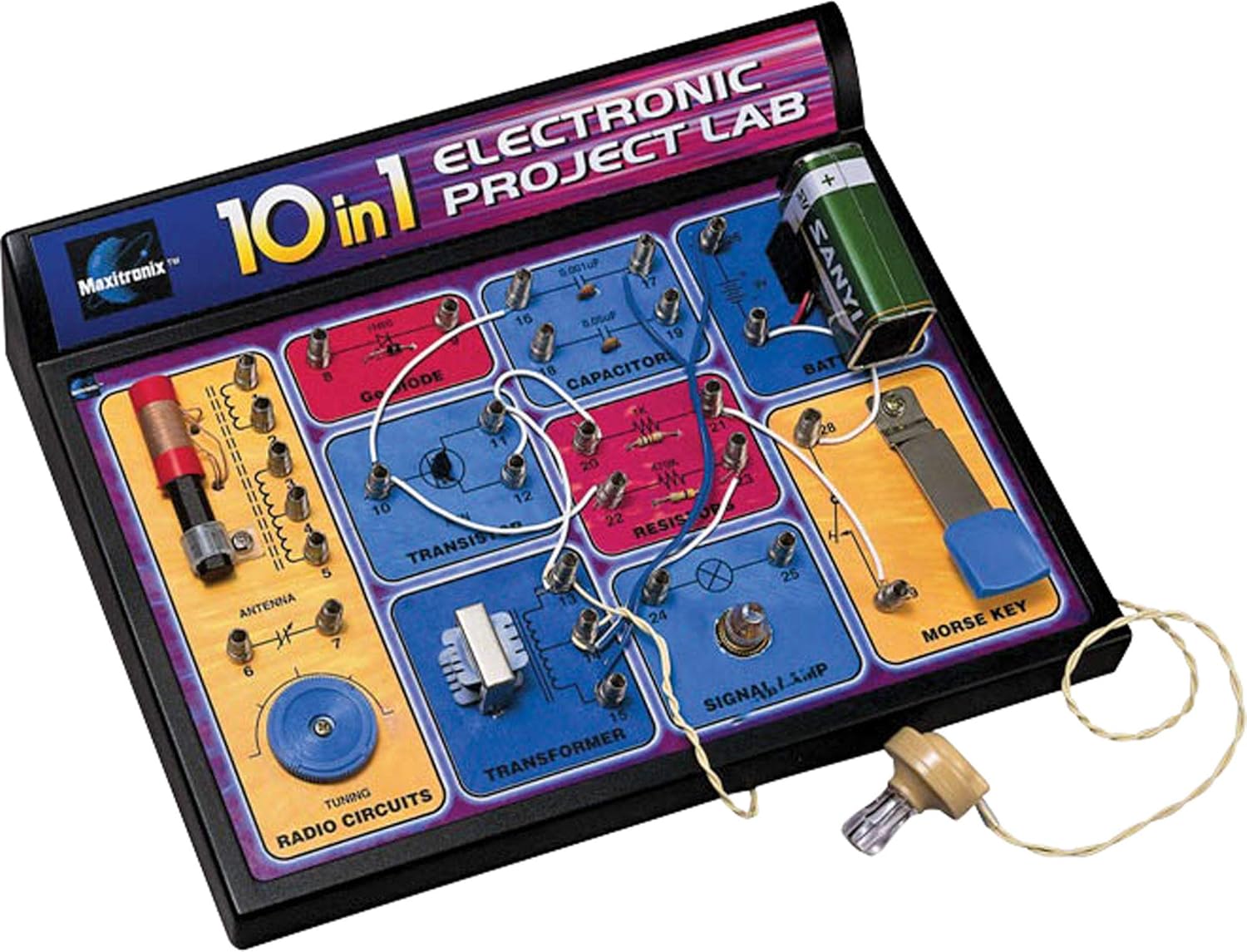This post is part of my video blog and you can find more information about this video on this show’s homepage which is here.
You can support this channel on Patreon: patreon.com/JohnElliotV
Silly Job Title: Master Planner
This video is part of the New Book Teardown feature of my video blog.
In this video I take a look at Learning the Art of Electronics: A Hands-On Lab Course by Thomas C. Hayes and Paul Horowitz published in 2016. The book has 1,140 pages and is a companion to The Art of Electronics 3rd Edition.
Some notes about things of interest we noticed in the book:
- Xilinx was an American technology and semiconductor company, now owned by AMD
- the Ebers–Moll model is useful for modelling Bipolar junction transistors
- Hysteresis is the dependence of the state of a system on its history
- Wien’s bridge is used for precision measurement of capacitance in terms of resistance and frequency
- Wilson current mirror is a three-terminal circuit that accepts an input current at the input terminal and provides a “mirrored” current source or sink output at the output terminal
- a Bessel filter is a type of analog linear filter named in reference to Friedrich Bessel who developed the mathematical theory
- the video about the 6502 I watched recently is: The 6502 CPU Powered a Whole Generation!
- the Cypress PSoC is a family of microcontroller integrated circuits by Cypress Semiconductor
- octopart.com
- learningtheartofelectronics.com
Thanks very much for watching! And please remember to hit like and subscribe!
Update Jan 2025: Hi there. You might be interested to know that the second edition of this book is due to ship in March 2025! Can’t wait! https://learningtheartofelectronics.com/
If you want to pre-order a new version you can do so here:
US: https://www.amazon.com/dp/1009535188
UK: https://www.amazon.co.uk/dp/1009535188
AU: https://www.amazon.com.au/dp/1009535188
Following is a product I use picked at random from my collection which may appear in my videos. Clicking through on this to find and click on the green affiliate links before purchasing from eBay or AliExpress is a great way to support the channel at no cost to you. Thanks!
Yum Cha Blue Spudgers |
Let’s go shopping!






